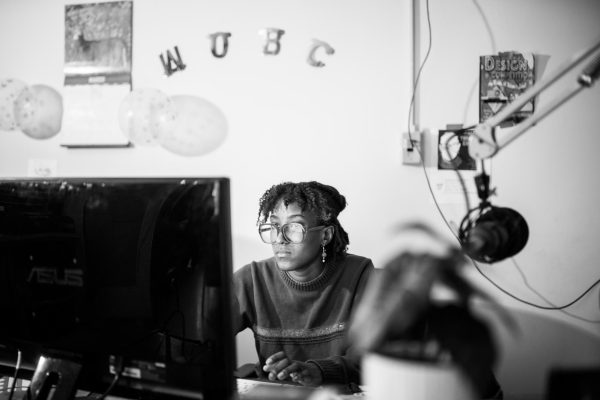Let’s Talk Accessibility
Accessibility: one of Oberlin’s favorite words. You don’t even need to spend a full day on campus to hear faculty and students, alike, use the word in classrooms, dining halls, co-ops, and at events. While the apparent widespread concern for disabled people is wonderful, it’s also false and misplaced. I want to talk about the way accessibility is discussed and how it actually works against the disabled community, both at Oberlin and beyond.
I was recently in a meeting and the topic of inaccessibility was brought up. As a person with disabilities, you might think I would be excited, but my automatic reaction was a feeling of frustration and defeat. The conversation centered on inaccessibility of the meeting itself, because the location wasn’t announced until five minutes before it started. While this kind of situation can be inaccessible to people like me who can’t enter certain buildings, that was not the focus of the discussion. Rather, the word accessibility was co-opted to describe a minor inconvenience to the general population.
I often hear accessibility used flippantly in conversations to describe minor inconveniences or issues. However, I rarely hear it used to discuss broader issues that are harmful to people with disabilities. Yes, things like announcing the room ahead of time are important, but not important enough to divert attention from larger accessibility issues. The way accessibility is used as a buzzword to gain points for being “woke” shows a fundamental lack of care and understanding of disability and disabled people.
We need to talk about institutional ableism, from which Oberlin is not exempt. There are accessibility problems at Oberlin that are harmful and immoral, such as substandard living conditions, food insecurity, and an understaffed Office of Disability Resources, to name a few. Leaving these problems out of discussions on accessibility directly harms the disabled community at Oberlin.
If you don’t care about disabled people, then don’t pretend that you do. Using terms that carry weight for superficial concerns trivializes vital accessibility issues. Playing into fake-woke narratives actively causes harm by concealing systemic oppression through performative care.
We need to find a way to deal with problems without leveraging disability. If you’re going to talk about our community, then talk about our concerns and how we can work together to mitigate them.


